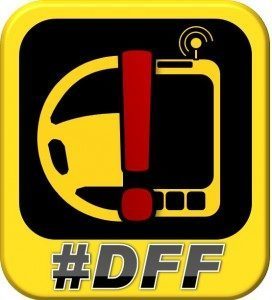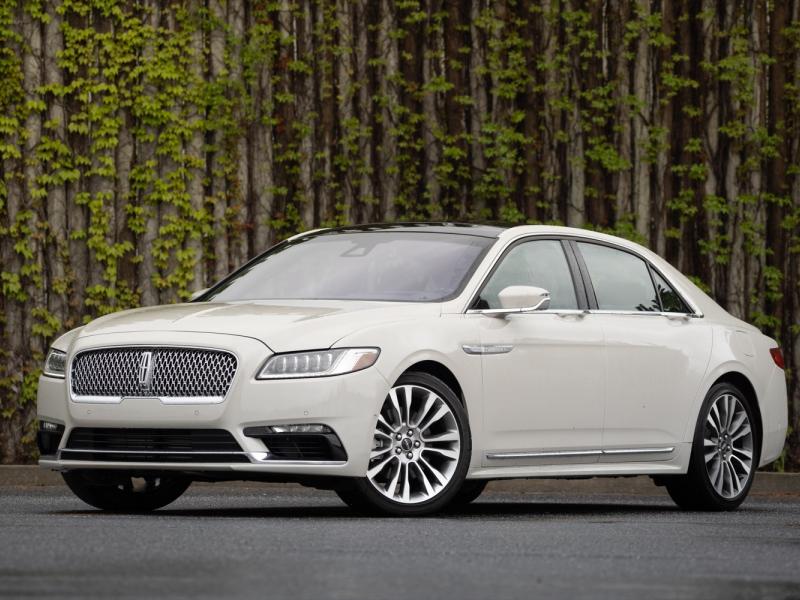#DFF: Laws could shape drivers'behind-the-wheel behavior
This post is part of a campaign to prevent distracted driving headed by Best Cars Guide and Beltrán About Cars. Please read our launch post from April 29th, then join us here, on Facebook and Twitter (@BeCarChic and @Cars_blog) to take the Distraction Free Fridays (#DFF) pledge. The following post was written by Melanie Batenchuk and focuses on how policies pushed down from the federal government may ultimately shape how American drivers behave behind the wheel.
 Talking, texting, emailing, drinking, and eating are all distracting behaviors when behind the wheel. The National Highway Safety Transportation Administration (NHTSA) and the Department of Transportation (DOT) have teamed up on an aggressive campaign to tackle distracted driving for the sake of saving lives. Distraction.gov is a site where these two agencies have created a hub of information, stories, and stats all centering around this deadly epidemic. There is no dispute that these initiatives to educate drivers and encourage them to focus on the road are important. But some in the automotive community wonder what these agencies’ efforts – and potential federal legislation – could mean for manufacturers, dealers, and consumers down the road.
Talking, texting, emailing, drinking, and eating are all distracting behaviors when behind the wheel. The National Highway Safety Transportation Administration (NHTSA) and the Department of Transportation (DOT) have teamed up on an aggressive campaign to tackle distracted driving for the sake of saving lives. Distraction.gov is a site where these two agencies have created a hub of information, stories, and stats all centering around this deadly epidemic. There is no dispute that these initiatives to educate drivers and encourage them to focus on the road are important. But some in the automotive community wonder what these agencies’ efforts – and potential federal legislation – could mean for manufacturers, dealers, and consumers down the road.
Transportation Secretary Ray LaHood is leading the mission to remove distractions from the driving experience, appearing in numerous interviews and even collaborating with Oprah on her No Phone Zone Day pledge in April of 2010. In a recent interview, LaHood said he does not believe the new technologies and entertainment offerings in current vehicles are enough. In fact, in the video below, the Secretary asks drivers to “buckle up and lock their cell phones in the car’s glove compartment” while driving.
Educational programming and advertisements like what NHTSA and the DOT are doing certainly influence people, but law enforcement has proven to be the most effective way to change habits, much like the “Click it or Ticket” program. The National Safety Council president, Janet Froetscher says that we need to change the behavior of American drivers:
Unfortunately, we have learned from history that education, by itself, will not change behavior in traffic safety. People who drive impaired – whether by alcohol or cell phone use – may be educated about the risks of their behavior, but they will do it anyway. Strong laws, visibly enforced, are necessary to change behavior and make our roads safer.
A poll from the Pew Internet and American Life Project reports that approximately one in four American adults and driving age teens admit to texting while driving. According to the Insurance Institute for Highway Safety, drivers who use hand-held devices are four times as likely to crash and injure themselves. Despite these statistics, Americans are still choosing to use their handheld devices, GPS systems, and in-car entertainment when in the driver’s seat. This is why I’ve teamed up with fellow auto blogger, Carlos Beltrán, of Beltrán About Cars, to urge our readers to take the #DFF pledge each Friday and put their devices aside and focus on the drive.
The NHTSA categorizes distracted driving activities as visual, manual, or cognitive – either taking your eyes off the road, your hands off the wheel, or your mind off what you’re doing. The campaign has already educated thousands of drivers. President Obama’s Executive Order at the start of 2010 also set a standard for enforcing anti-texting and talking laws, encouraging states to begin legislating their own rules and regulations. Now, 31 states, the District of Columbia, and Guam have enacted anti-texting and hands-free cell phone legislation.Due to the previous success of the campaigns surrounding safety belt laws, Congress, NHTSA, and the DOT want to use legislation to curb people’s bad driving habits. But where should the federal government draw the line between civic duty and personal responsibility?




